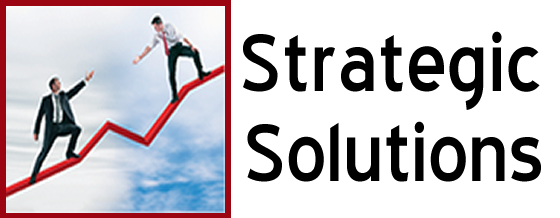Risking Failure to Succeed
We may strive to be perfect, but sometimes we fail. We can set our goals, and plan for success but fall short or fail miserably. We don’t intend to fail. We do everything we can not to go there, but sometimes it happens. In fact, it may happen many times. What do we do about it?
Many people allow themselves to become paralyzed by failure, but by itself, failure is not a bad thing. In fact, it builds resilience. Personally, I think it’s not so much the fear of failure, but rather one of risk avoidance that holds us back. We all want to succeed but the path to success always involves some degree of risk. We have a roadmap: X is Home. It’s our starting point and safe harbor. The second X is up at the far corner. it. We draw a star around it. It’s a goal: our destination. Draw a line from home to our destination and it looks like a straight shot, doesn’t it? But as we set out, everything involved in getting us from here (Home) to there (Goal=Success) is a vast Neverland called risk and it poses unknown challenges. How do we negotiate it? Do we play it safe and stay close to home (safe)? Do we keep as close to the line as possible? What happens when we hit obstacles and roadblocks? Do we negotiate a path around them, charge straight ahead or go home? (No, there is no cell phone coverage and we can’t charter a helicopter to lift us out).
When we’re passionate about our goals we understand that risk is built in. It’s doing something with the full knowledge that we might not succeed, but it’s worth a shot. If we don’t have the guts to risk, we may very well be sabotaging our chances to succeed.
NYC’s former mayor, Michael Bloomberg was fired from the first ‘real’ job he ever had when he was 39. He went on to build a business empire and become a billionaire. When speaking recently about entrepreneurship he said ‘Life is too short to spend your time avoiding failure.’ Others have learned the same lesson. Failures always result in opportunities to exceed expectations. So how do you negotiate the obstacles on the road to success? Bloomberg’s secrets are these:
- Take risks
- Make your own luck
- Be persistent
- Never stop learning
- Give back
According to Art Mortell, author of ‘The Courage to Fail,’
- Failure teaches you more than success, especially about yourself.
- Failure renews your humility and sharpens your objectivity.
- Failure creates the perfect opportunity to try out new ideas.
- Failure helps you make corrections so that you stay on target.
- Failure makes you more mature and more resilient.
- Failure reminds you to be kinder to yourself and those around you.
- Failure is a “badge of courage” because you dared to take the risk.
- Failure develops the all-important emotion of patience.
- Failure warns you to not take things so personally (or so seriously).
- Failure grounds your self-esteem on who you are, not what you do.
And while we’re talking about failures-turned-success stories, besides Michael Bloomberg and Steve Jobs, whose stories we all know, here are a few others to think about. Can any of you add to this list?
- Walt Disney was fired by a newspaper editor because he ‘lacked imagination and had no good ideas.’
- Albert Einstein didn’t speak until age 4 and didn’t read until he was 7. Teachers labeled him ‘slow’ and ‘mentally handicapped.’
- After Fred Astaire’s first screen test, judges wrote: ‘Can’t act. Can’t sing. Slightly bald. Can dance a little.’
- Dr. Seuss’ first book was rejected by 27 different publishers.
- Henry Ford’s first auto company went out of business. He abandoned a second because of a fight and a third went downhill because of declining sales.
- Oprah Winfrey was fired from her television reporting job because they told her she wasn’t fit to be on screen.
- Vincent Van Gogh only sold one painting in his entire life, to a friend.
- J.K. Rowling was unemployed, divorced and raising a daughter on social security while writing the first Harry Potter novel.
- Richard Branson was a 16 year old high school drop who hoped to start a student magazine. It didn’t succeed. He went on to establish a mail-order record business that did so well it led to the creation of the record shop he called Virgin. Today we know him as one of the world’s greatest entrepreneurs, but on his path to success he endured many more failures.
Thankfully, they never gave up. Neither should we.
